Key gig economy case reaches Supreme Court
- Published
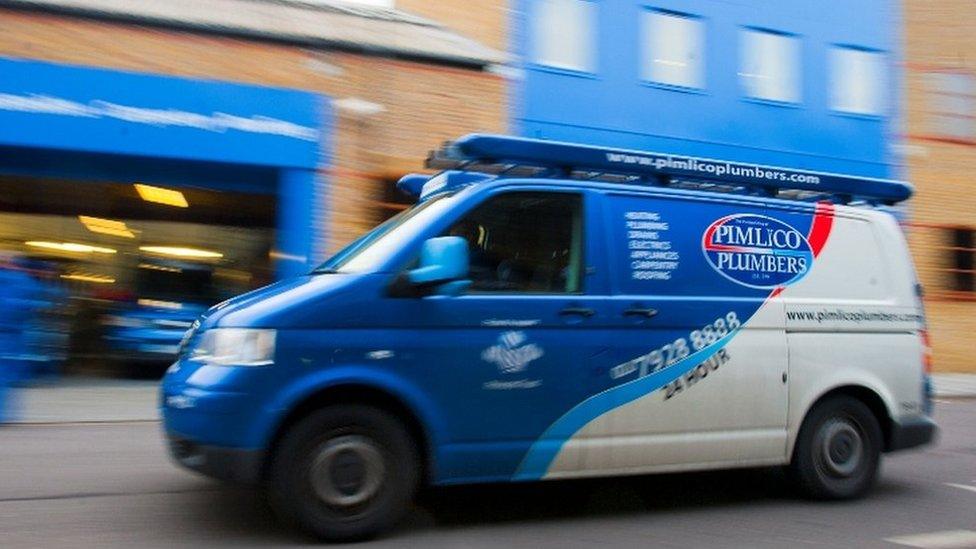
A plumber's legal battle for working rights will be closely watched by "gig economy" workers when it reaches the Supreme Court on Tuesday.
Gary Smith, who worked for Pimlico Plumbers for six years, began his fight when he wanted to reduce his hours following a heart attack.
Lower courts have ruled that he is entitled to basic workers' rights, although technically self-employed.
These rights include the national minimum wage and paid holiday.
Mr Smith won his most recent victory in the Court of Appeal a year ago, but Pimlico Plumbers and its founder, Charlie Mullins, are appealing against that decision, in a hearing expected to last two days.
The case hinges on the distinction between Mr Smith's status as either a self-employed contractor, or a worker for the company.
He was VAT-registered and paying tax on a self-employed basis, but worked solely for Pimlico Plumbers.
After he suffered a heart attack in 2010, Mr Smith, from Kent, wanted to work three days a week rather than five.
Pimlico refused his request and took away his branded van, which he had hired. He claims he was dismissed.
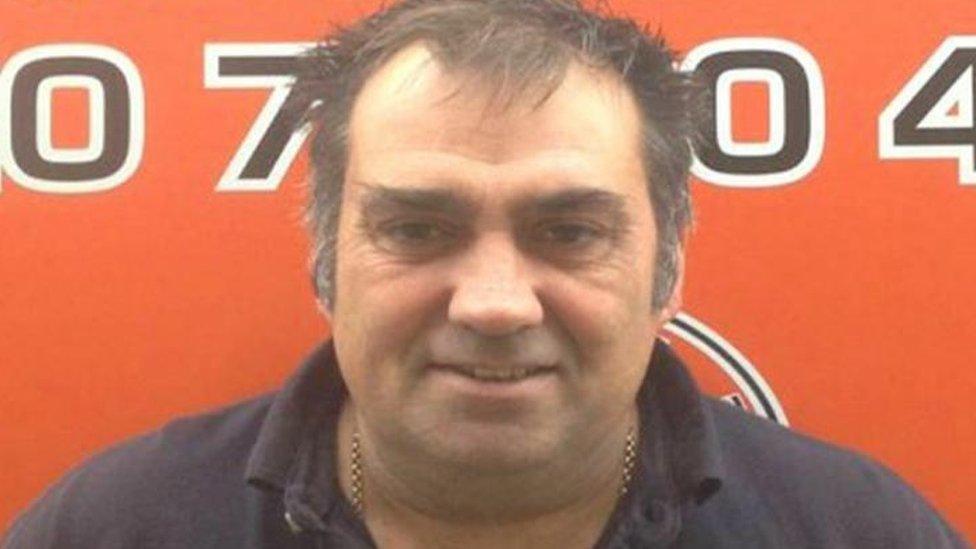
Gary Smith argues he is entitled to basic workers' rights
An employment tribunal found that the plumbers were workers, but not employees. The Court of Appeal backed that decision.
Employment status
Jason Moyer-Lee, general secretary of the Independent Workers Union of Great Britain, said the rise of the "gig economy" made the issue of employment status more important than ever.
"Tribunals' and courts' interpretations of these issues have done quite well to keep up with the times - that's why nearly all high-profile 'gig economy' cases have declared the individual to be a worker, and consequently entitled to minimum wage rights and holiday pay," he said.
"I expect the Supreme Court will do the same with the Pimlico Plumbers case."
Mr Mullins, the founder of London-based Pimlico Plumbers, says that plumbers were hired on the basis that they were self-employed, provided their own materials and did not have workers' benefits, but were paid significantly more as a result.
He argues that the case has nothing to do with the gig economy and that Mr Smith is not in the same as an Uber driver.
"There is no comparison between a skilled tradesperson, like a plumber earning £150,000 a year, and a bike courier or minicab driver, struggling to make minimum wage," Mr Mullins said.
"This is the distinction that we are hoping to make clear to the Supreme Court."
- Published10 February 2017
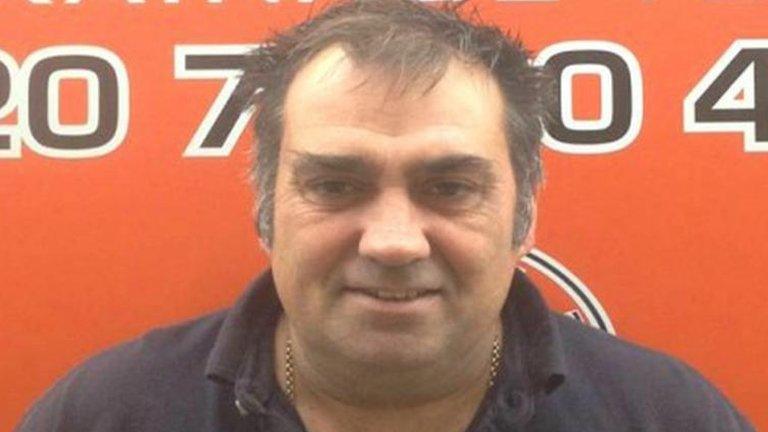
- Published10 February 2017
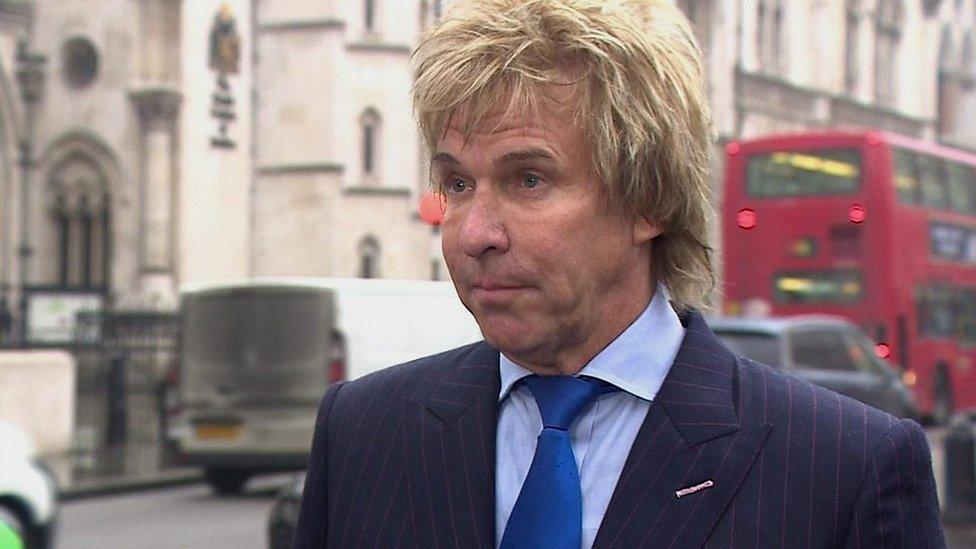
- Published10 February 2017
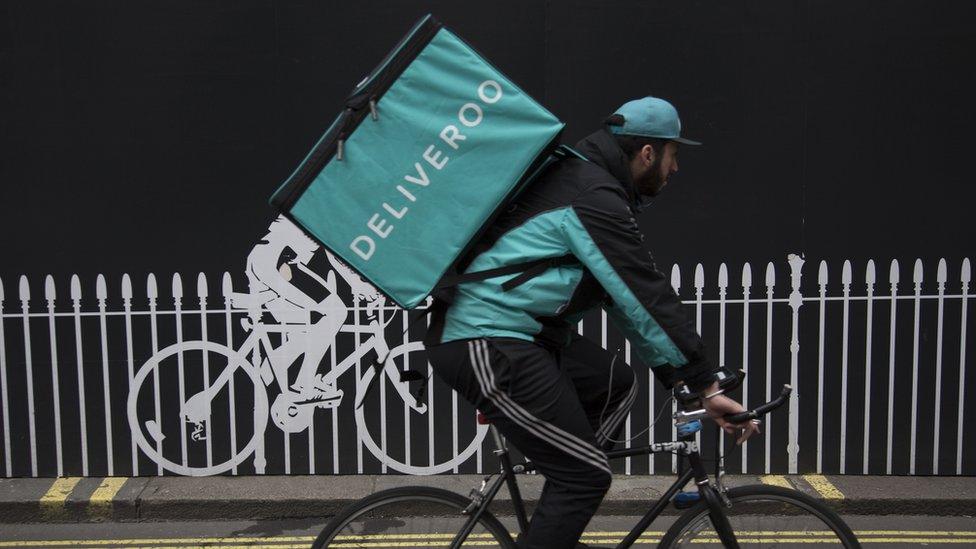
- Published30 November 2016
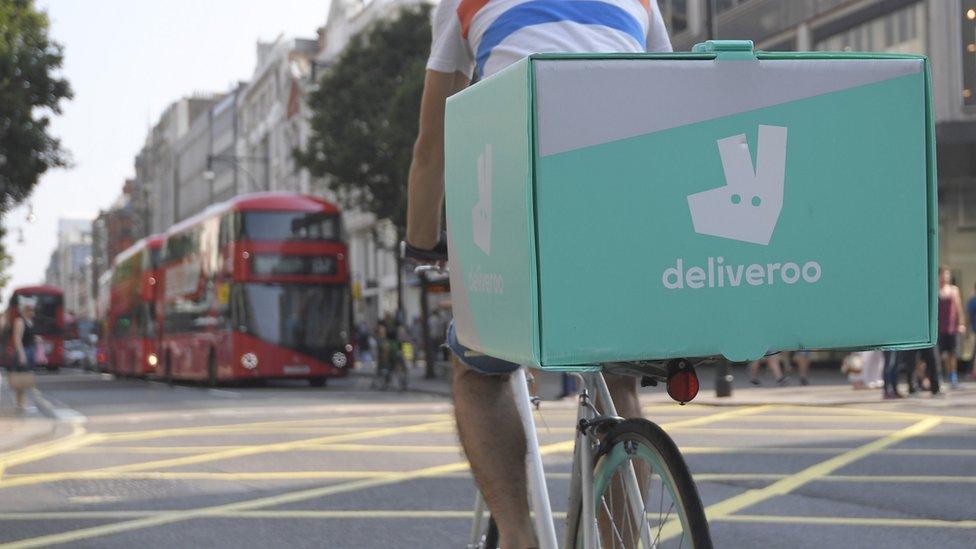
- Published30 January 2017
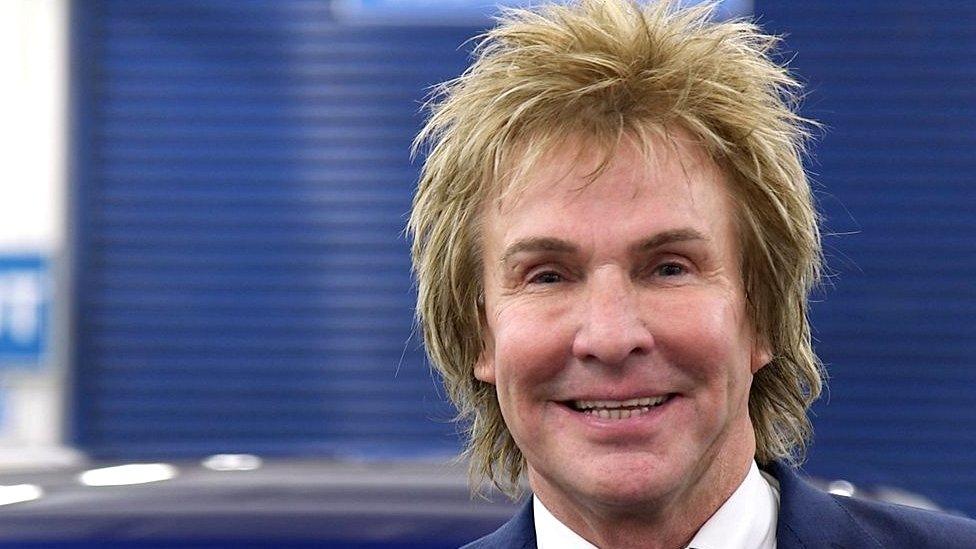
- Published7 January 2017
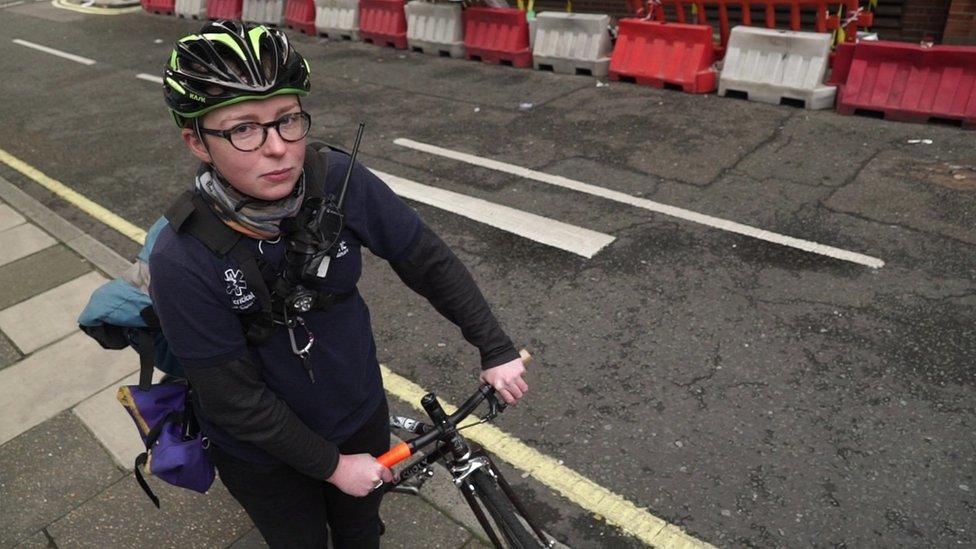
- Published20 May 2016
